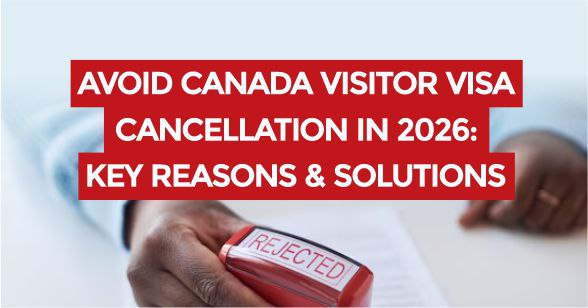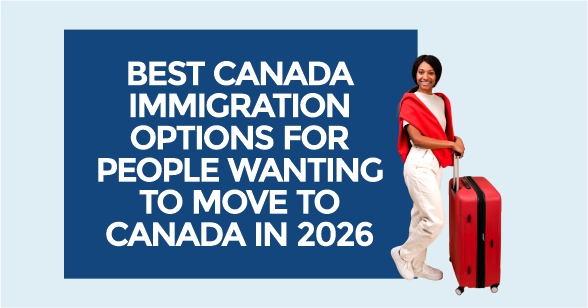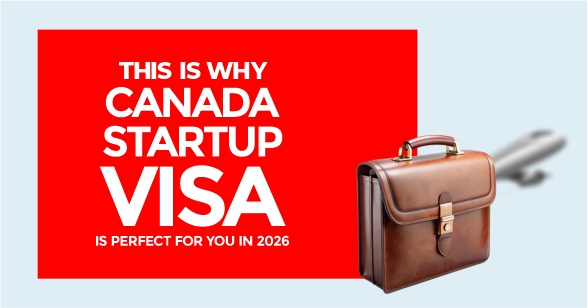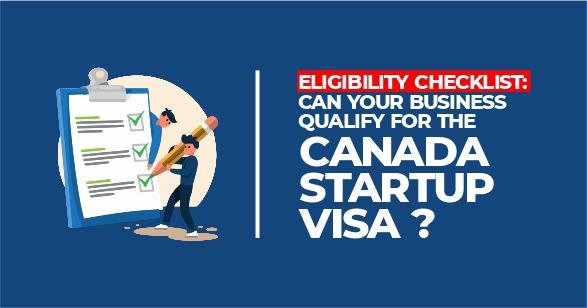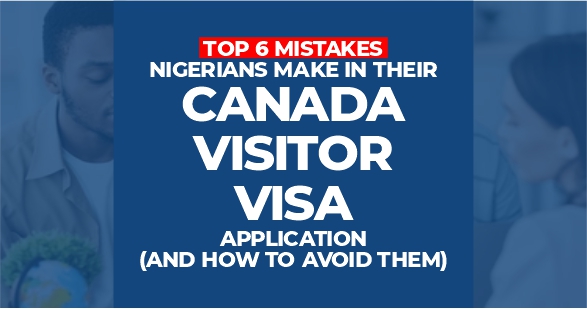Applying for the Startup Visa Canada program is one of the most exciting yet challenging pathways for immigrant founders who want to build innovative businesses in Canada. While the program offers permanent residency and a chance to scale globally, the challenges of Canadian startup visa entrepreneurs can be intense — especially if you’re navigating the process without proper guidance.
In this article, we’ll unpack the most common obstacles startup visa applicants face and how you can overcome them to increase your chances of success.
1. Crafting a Winning Business Plan That Meets IRCC Standards
One of the first challenges startup visa entrepreneurs face is creating a business plan that not only looks good on paper but also meets the expectations of designated organizations and IRCC officers. Many founders assume their regular business plan is enough — but Canada’s immigration officers expect more.
You need to show innovation, scalability, and potential job creation in Canada.
If you’re unsure where to start, check out our in-depth guide on How to Write a Business Plan That Can Help You Get Canada Startup Visa. It breaks down exactly what the authorities are looking for and how to align your plan to meet the program’s criteria.
2. Finding the Right Designated Organization
Not every investor or incubator is a fit for your startup. Many entrepreneurs waste months pitching to the wrong designated organizations. Each incubator, angel group, or VC has specific focus areas — some prefer tech startups, others prefer sustainability, AI, or social impact ventures.
That’s why working with a consultant experienced in Canada business immigration is invaluable. At Loft Immigration, we help entrepreneurs identify the most suitable partners and get the right support letter for their application. Learn more about how our team bridges this gap in our post on Canada Business Immigration: How We Help You Turn Ideas Into Permanent Residency.
3. Meeting the Program’s Innovation and Scalability Requirements
The Startup Visa Canada isn’t for just any small business idea — it’s for startups with the potential to compete globally. Entrepreneurs often underestimate how much validation, market research, and traction they need to prove their innovation.
To better understand the level of innovation Canada is looking for, read Canada’s Visa Pathway for Tech Entrepreneurs: Here’s What You Need to Know. It highlights why tech-driven and high-impact ideas often stand a stronger chance under this program.
4. Navigating Legal and Documentation Requirements
Many startup visa Canada applicants make avoidable mistakes when submitting documents — from inconsistent financial statements to unclear proof of ownership. Missing just one requirement can delay or even disqualify your application.
That’s why it’s essential to stay informed about what documents are required. Our article on Top 6 Documents Required for Successful Canadian Immigration offers a clear checklist that helps you prepare properly before submission.
5. Understanding Cultural and Market Differences
Beyond paperwork, many founders struggle to adapt to Canada’s unique business environment. What works in Nigeria, India, or the UAE may not work in Canada. Understanding the local culture, regulations, and customer behavior is critical for long-term success.
If you want to know which regions of Canada are most welcoming to immigrant entrepreneurs, explore our article on the Best Provinces in Canada for Immigrant Entrepreneurs. It outlines the provinces that offer better support programs, funding opportunities, and startup ecosystems.
6. The Mental and Financial Pressure of the Journey
It’s not uncommon for Canada startup visa entrepreneurs to feel overwhelmed. Between gathering funds, building a business, and adjusting to a new country, the process can take a toll. This is where expert guidance matters.
Our team has supported many entrepreneurs through this journey — and as we shared in 5 Lessons from Our 10 Years of Providing Successful Canadian Immigration Services, having the right support system can make all the difference between frustration and success.
The challenges of Canada startup visa entrepreneurs are real — from meeting strict program requirements to adapting to a new business culture. But with proper preparation, the right business idea, and professional support, you can overcome these hurdles and successfully secure your place in Canada’s thriving startup ecosystem.
If you’re ready to take the next step, Loft Immigration can help guide you through every phase — from business plan development to startup visa Canada application success.
Frequently Asked Questions (FAQs)
1. What are the main challenges of Canada Startup Visa entrepreneurs?
The biggest challenges include creating a business plan that meets IRCC standards, finding the right designated organization, meeting innovation requirements, and submitting accurate documentation. Many also struggle to adapt to Canada’s business environment and deal with the emotional and financial stress of the journey. The good news? With proper guidance from experts like Loft Immigration, these challenges can be managed successfully.
2. What makes the Canada Startup Visa different from other immigration programs?
Unlike traditional immigration programs that focus on work experience or education, the Startup Visa Canada program is designed for innovative entrepreneurs who want to build global businesses in Canada. It’s a pathway to permanent residency — but only if your startup is approved and supported by a designated organization like an incubator or investor group.
If you’d like to understand how this pathway works for business founders, check out How a Canadian Immigration Consultant Can Help a Founder Relocate Through the Canada Startup Visa.
3. How can I make my business plan strong enough for the Canada Startup Visa?
A strong business plan should clearly show how your business is innovative, scalable, and capable of creating jobs in Canada. It should also demonstrate your market understanding and financial sustainability.
We’ve broken this down in our detailed guide: How to Write a Business Plan That Can Help You Get Canada Startup Visa.
4. What kind of businesses qualify for the Startup Visa Canada program?
Canada looks for startups with innovative ideas — often in technology, sustainability, or industries that can compete globally. You don’t need to be a tech founder, but your business must have a strong innovation or impact angle.
You can explore more examples and insights in our article on Canada’s Visa Pathway for Tech Entrepreneurs: Here’s What You Need to Know.
5. How do I choose the right designated organization for my startup?
Each designated organization (incubator, angel investor, or venture capital firm) has its own area of interest. The key is to pitch to one that aligns with your startup’s goals and sector.
At Loft Immigration, we help you identify the best fit and prepare your application for success. You can also learn more about our approach in Canada Business Immigration: How We Help You Turn Ideas Into Permanent Residency.
6. Can I apply for the Startup Visa without a consultant?
Yes, you can — but most applicants find the process complex and time-consuming. A single mistake in your documentation or business plan can delay your approval or result in rejection. Working with a licensed Canadian immigration consultant like Loft Immigration ensures you meet all requirements and avoid costly errors.
Before choosing any consultant, be sure to read 5 Red Flags to Watch Out for When Choosing a Canadian Immigration Consultant.
7. How long does the Canada Startup Visa process take?
On average, the process takes between 12 to 20 months, depending on how fast you secure your designated organization’s letter of support and meet other documentation requirements. However, preparation and accuracy can make your process faster.
8. What’s the best way to increase my chances of Startup Visa success?
Success starts with preparation — build a strong, innovative business plan, choose the right designated organization, and seek professional guidance. Our post on 7 Best Practices for Canada Startup Visa to PR offers practical steps that have helped many of our clients achieve permanent residency through the program.


